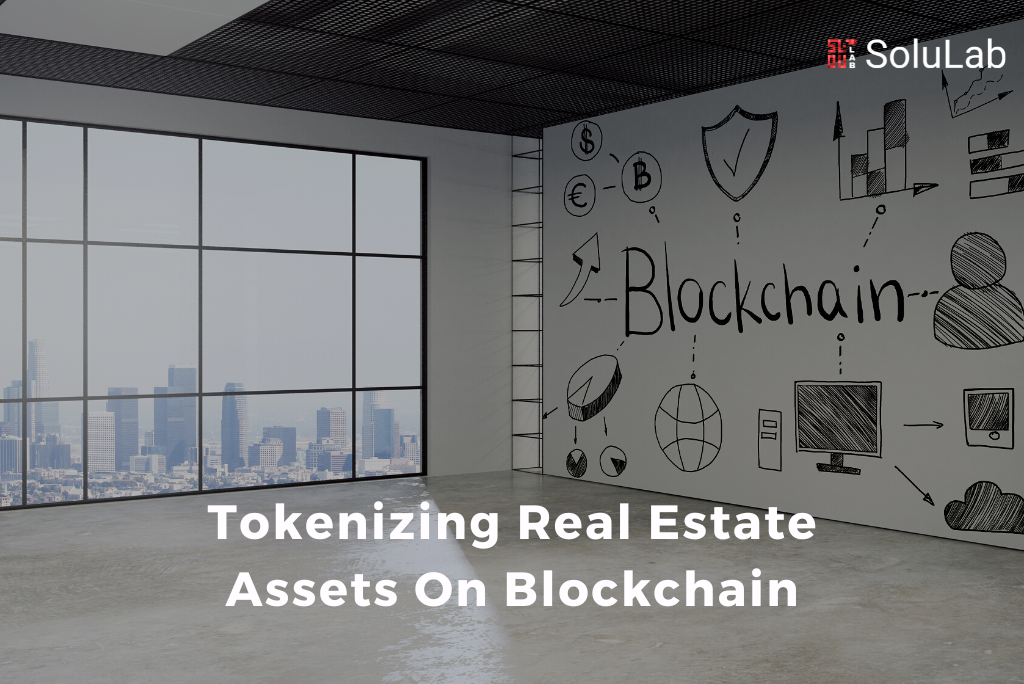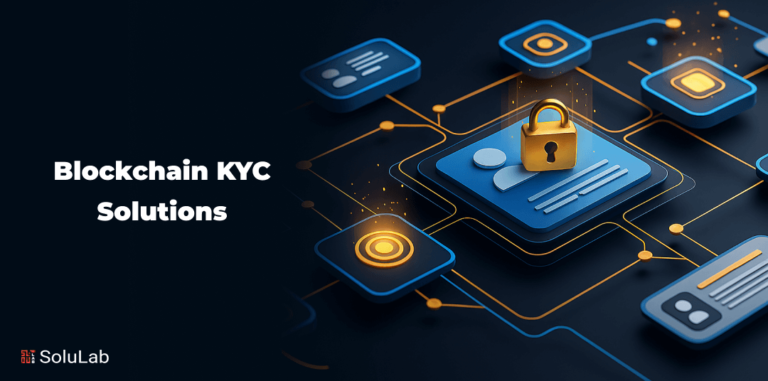
Tokenization digitizes the way people and organizations track ownership, using distributed ledger technology (DLT), or blockchain, to transform how we own and transact things such as debt, equity, or property. Tokenizing real estate has recently become a popular topic of discussion, suggesting that it provides a significant opportunity and potential for property owners and investors. Through issuing blockchain tokens backed by real estate assets, property owners can unlock value in new and innovative ways.
When asset-backed tokens first arose, the technology’s primary use cases focused on creating digital representations of commodities such as gold and oil. In 2019, we saw increased momentum in the tokenization space, with real estate-backed token projects gaining traction as some of the most substantial token offerings.
The Shift To Real Estate Tokenization
Real estate tokenization projects aim to reduce inefficiencies in the real estate market.
Vehicles that seek to make the market publicly tradable, such as real estate investment trusts (REITs), already exist—however, while they provide some liquidity they are costly to set up and typically hold a basket of properties rather than a single building. In order to participate in development projects for a specific property, investors normally must meet high investment minimums, and once they do they are locked into long-term commitments that are not easily redeemable for cash.
Leveraging the advantages of asset-backed tokens, real estate tokenization can improve the current market through low investment minimums, enhanced liquidity, and market democratization.
Read also: A Beginner’s Guide to Real Estate Tokenization
To comply with current securities laws, the property is often tokenized by registering the asset to a corporate entity and then tokenizing the company. For example, a REIT can be created to represent ownership in a property and that ownership stake can then be tokenized on a blockchain. Such was the case with the tokenization of the St. Regis Aspen Resort, as discussed below.
Tokenization Projects And Developments
Regulatory concerns initially stunted the growth of tokenization projects in the US. As the tokenization ecosystem has advanced, however, millions of dollars in real estate tokenization projects have surfaced, leading to deals of both large and small amounts. Notable developments include:
- St. Regis Aspen Resort Tokenization: In October 2018, the owner of the St. Regis Aspen Resort in Colorado tokenized the building by creating a single-asset REIT called Aspen Digital. It sold tokens representing an 18.9% equity stake in the property to qualified investors, raising 18 million tokens valued at $1 each on the Ethereum blockchain.
- Tokenized CRE-Backed Bond in Germany: In July 2019, German startup Fundament Group announced that it received approval from the German Financial Market Supervisory Authority to create Germany’s first blockchain-based real estate bond for retail and institutional investors globally. The group issued a €250 million ($280 million) tokenized bond offering on the Ethereum blockchain. The tokens are backed by commercial real estate (CRE) investments in major cities across Germany.
- iCap RE Fund Tokenization: In November 2019, private equity firm iCap Equity shifted to tokenization to unlock liquidity in four real estate funds collectively worth over $100M. iCap Equity created a private token marketplace for their 1,100 investors and 17 placement agents to compliantly buy and sell iCap securities with one another.
Tokenization Platforms
Real estate corporations partner with tokenization platforms to develop their issuances before launching a deal. These platforms perform a variety of tasks, including issuing and managing tokens, onboarding clients, embedding compliance, and/or providing a secondary marketplace where the tokens can be traded. Prominent players involved in real estate tokenization projects include:
- Securitize: A full-stack solution for issuing and managing tokens on the Ethereum blockchain. Securitize was one of the earliest players in real estate tokenization, and was the platform used in the St. Regis Aspen Resort deal.
- Harbor: A tokenization solution that integrates compliance, investor onboarding, and full-stack token issuance on Ethereum. Harbor was the chosen platform for the iCap RE fund tokenization project and provided integration into secondary marketplaces for token exchange.
Future Outlook
Real estate tokenization is becoming increasingly advanced and its growth potential is massive. In the coming years, billions of dollars in real estate are expected to be tokenized. Players involved in former deals, such as Elevated Returns—the owner of St. Regis Aspen and proponent of its tokenization deal—are looking to further disrupt tokenized real estate.
Read also: Tokenize Your Property to Reap Fortunes Given by Web3 Tech!
Continuing enthusiasm for tokenization projects will likely motivate many vendors and investors to enter the space and drive further marketplace growth. With the creation of new liquid secondary markets, banks could explore opportunities such as lending against tokenized real estate assets.
Blog Credits: Citi




